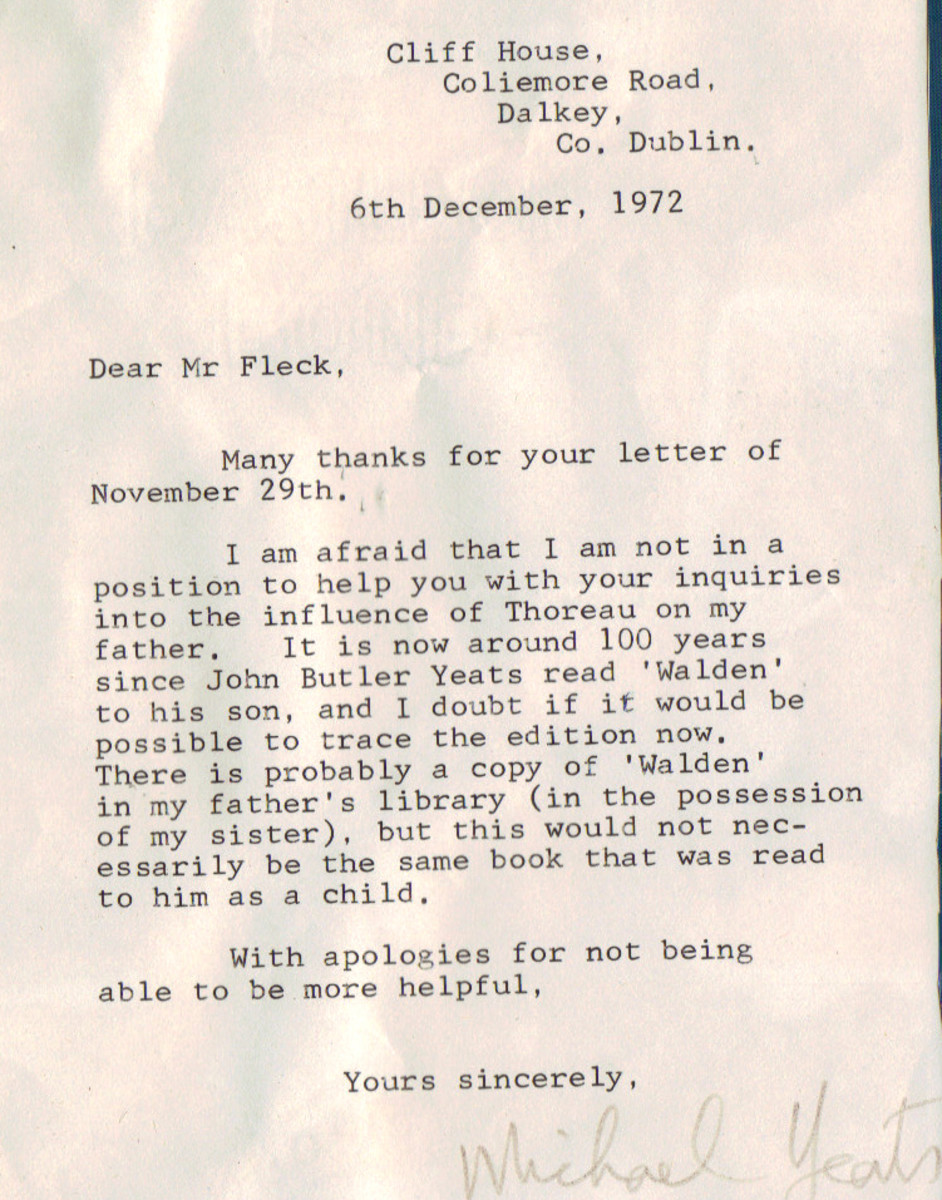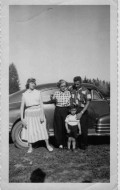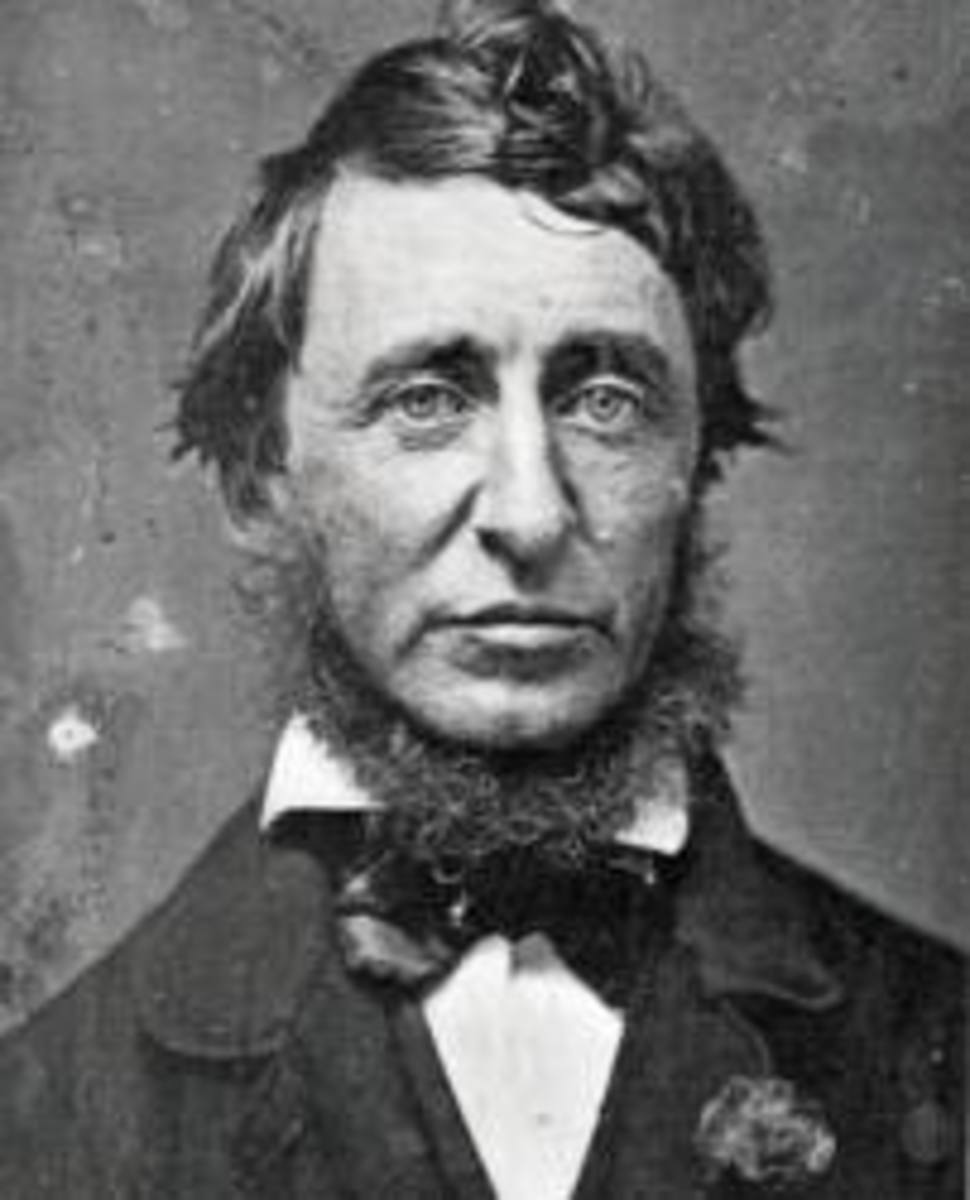Henry David Thoreau
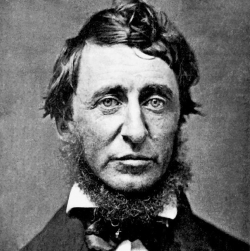
Philosopher, Naturalist and Author of Wild Fruits
Henry David Thoreau was a man for all seasons. He was an author, a naturalist, philosopher, surveyor, Transcendentalist and a protester. His happiest times were spent studying the native plants in the forests around his home in Massachusetts. His last and unfinished manuscript, Wild Fruits, was rediscovered and of all of his great works, is my favorite. This lens is a tribute to a one of our early environmentalists, a man who made people of the late 1800's become aware of the value of the wildness that surrounded them. His words are still so meaningful today.
Wild Muscadine Grapes
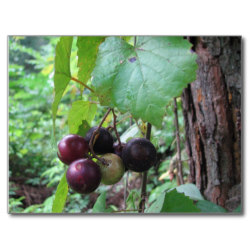
Henry David Thoreau
Essayist on many subjects
Transcendentalist
Philosopher and Protester with a unique philosophy on life
Poet
Land Surveyor
Naturalist
Member of the Boston Society of Natural History
Proponent of "Wildness"
Thoreau wore many hats, but the one that impressed me the most was that of the naturalist and without realizing it, he was also an environmentalist. In his a lecture in 1851 he stated that "Wildness is the preservation of the world". His last, and unfinished, work, Wild Fruits, is (in my opinion), his best. In this book he develops the concept that "wildness preserves the world by prompting us to alter our perspective of who and where we are." The wildness he speaks of helps us to understand that heaven is "under our feet as well as over our heads". (Walden)
Reference: Thoreau's Rediscovered Last Manuscript, Wild Fruits, 2000
If I would preserve my relation to nature, I must make my life more moral, more pure and innocent. The problem is so precise and simple as a mathematical one. I must not live loosely, but more and more continently.
Henry David Thoreau
Side "Bog" at Walden Pond
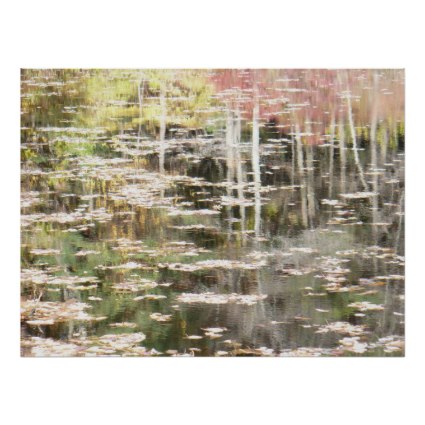
Thoreau's Life
Henry David Thoreau was born in Concord, Massachusetts on 12 July 1817. His parents were Cynthia (1787-1872) and John Thoreau (1787-1859). John was a pencil maker. He had two sisters (Helen and Sophia) and one brother, John. Henry D. Thoreau lived most of his life in Concord, but travelled to New York and Maine. These trips inspired many essays and The Maine Woods (1864). He also went to Canada and wrote An Excursion to Canada in 1853. Thoreau studied the classics as well as science and math at Harvard University in Cambridge, Massachusetts where he graduated in 1837. From that point on, nature became his classroom. After college, he returned to Concord and worked in his father's pencil factory. He also did some tutoring and began to write for periodicals. Some of his earliest writings include "A Natural History of Massachusetts" (1842), "Sir Walter Raleigh" (1843), and "Thomas Carlyle and His Works" (1847).
In 1850, he was elected a corresponding member of the Boston Society of Natural History. Prior to that he had begun to keep detailed, dated journals of his observations of the native flora, noting blooming and fruiting times. This journal would have become his masterpiece, but Henry David Thoreau died of tuberculosis on 6 May 1862 before he could finish it. He rests in the Thoreau family plot of the Sleepy Hollow Cemetery in Concord, Massachusetts.
Over a century later, this last, great work was edited and published as Thoreau's Rediscovered Last Manuscript, Wild Fruits.
Emerson writes in Biographical Sketch to Thoreau's Excursions (1863):
He was bred to no profession; he never married; he lived alone; he never went to church; he never voted; he refused to pay a tax to the State: he ate no flesh, he drank no wine, he never knew the use of tobacco; and, though a naturalist, he used neither trap nor gun. He chose, wisely, no doubt, for himself, to be the bachelor of thought and Nature. He had no talent for wealth, and knew how to be poor without the least hint of squalor or inelegance. .... Thoreau was sincerity itself ...
Reference: On-Line Literature - Thoreau
Wild Fruits
My favorite of Thoreau's books. It contains detailed descriptions and drawings of the flora of New England with notations of the dates of flowering and fruiting of many wild plants.
Drifting in a sultry day on the sluggish waters of the pond, I almost cease to live and begin to be.
Henry David Thoreau
Walden Pond
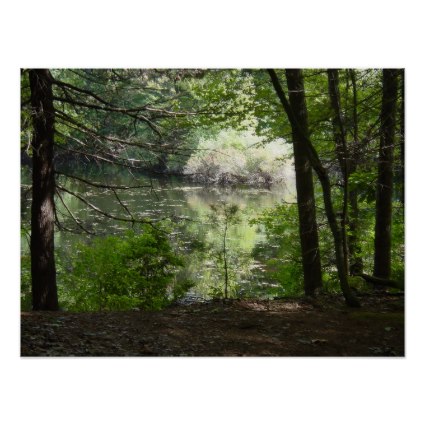
Some of My Favorite of Thoreau's Quotes
I hope you enjoy the illustrations, too.
Perfect sincerity and transparency make a great part of beauty, as in dewdrops, lakes, and diamonds.
from the Journal (June 20, 1840)
Autumn Pond View
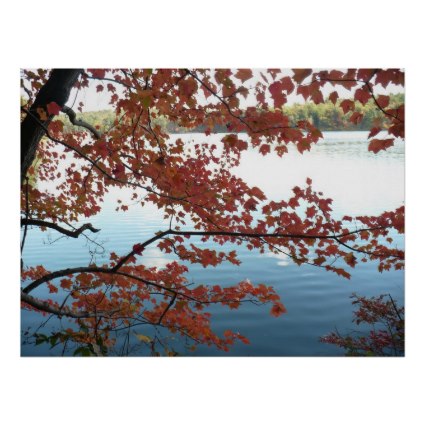
On Winter
We are rained and snowed on with gems. What a world we live in! Where are the jewelers' shops? There is nothing handsomer than a snowflake and dewdrop. I may say that the maker of the world exhausts his skill with each snowflake and dewdrop he sends down. We think that the one mechanically coheres and that the other simply flows together and falls, but in truth they are the product of enthusiasm, the children of an ecstasy, finished with the artist's utmost skill.
Winter Robin
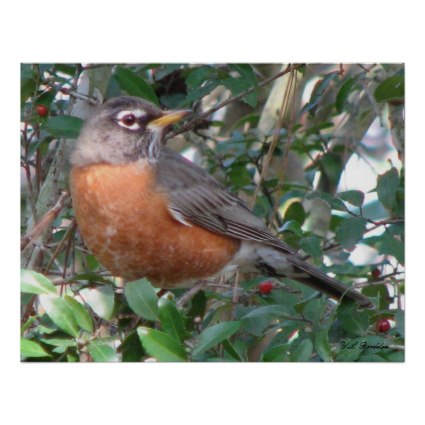
On Spring
I have an appointment with spring. She comes to the window to wake me, and I go forth an hour or two earlier than usual. Though as yet the trill of the chip-bird is not heard -- added -- like the sparkling bead which bursts on bottled cider or ale. When we wake indeed, with a double awakening --not only from our ordinary nocturnal slumbers, but from our diurnal--we burst through the thallus of our ordinary life with a proper exciple, we wake with emphasis.
Hope and the future for me are not in lawns and cultivated fields, not in towns and cities, but in the impervious and quaking swamps.
From "Walking"
— ThoreauHummingbirds by the Pond Oil
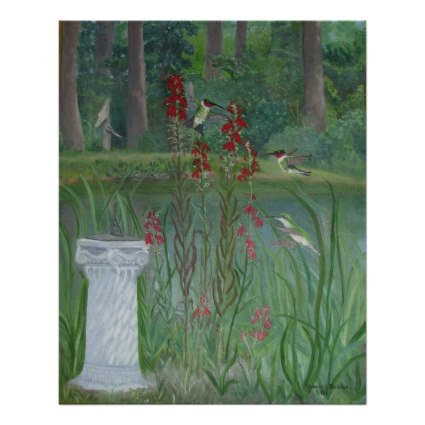
You only need sit still long enough in some attractive spot in the woods that all its inhabitants may exhibit themselves to you by turns.
from "Brute Neighbors" in Walden
Thoreau's Simple Life at Walden
A lake is the landscape's most beautiful and expressive feature. It is Earth's eye; looking into which the beholder measures the depth of his own nature.
from the chapter "The Ponds" in Walden
I have a great deal of company in my house;
especially in the morning, when nobody calls.
from Walden, the chapter "Solitude"
Raccoon Duo
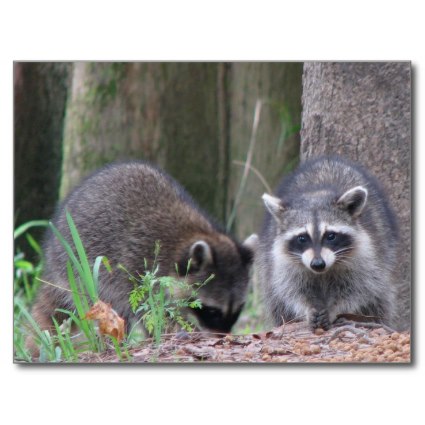
No humane being, past the thoughtless age of boyhood, will wantonly murder any creature which holds its life by the same tenure that he does.
Native Carolina Rose
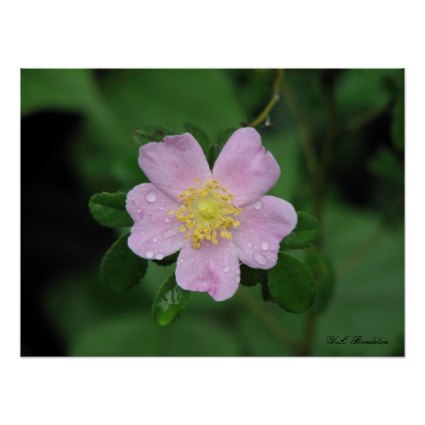
In each season as it passes; breathe the air; drink the drink, taste the fruit, and resign yourself to the influence of each. Let them be your only diet, drink and botanical medicines. Be blown on by all the winds. Open all your pores and bathe in all the tides of nature, in all her streams and oceans, at all seasons.
Thoreau Thoughts

Child of the Mist

Castles in the Air
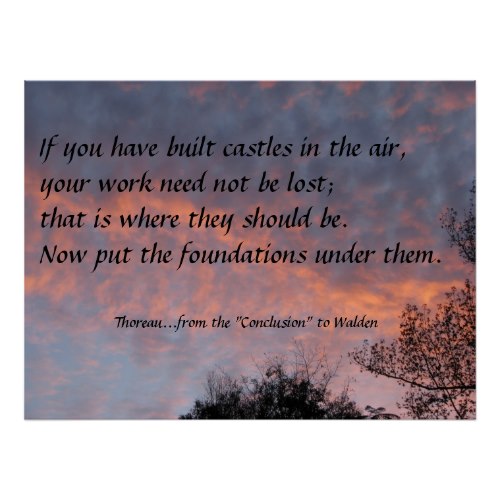
Share your stories, sightings, thoughts, rants, raves...
© 2008 Yvonne L B


